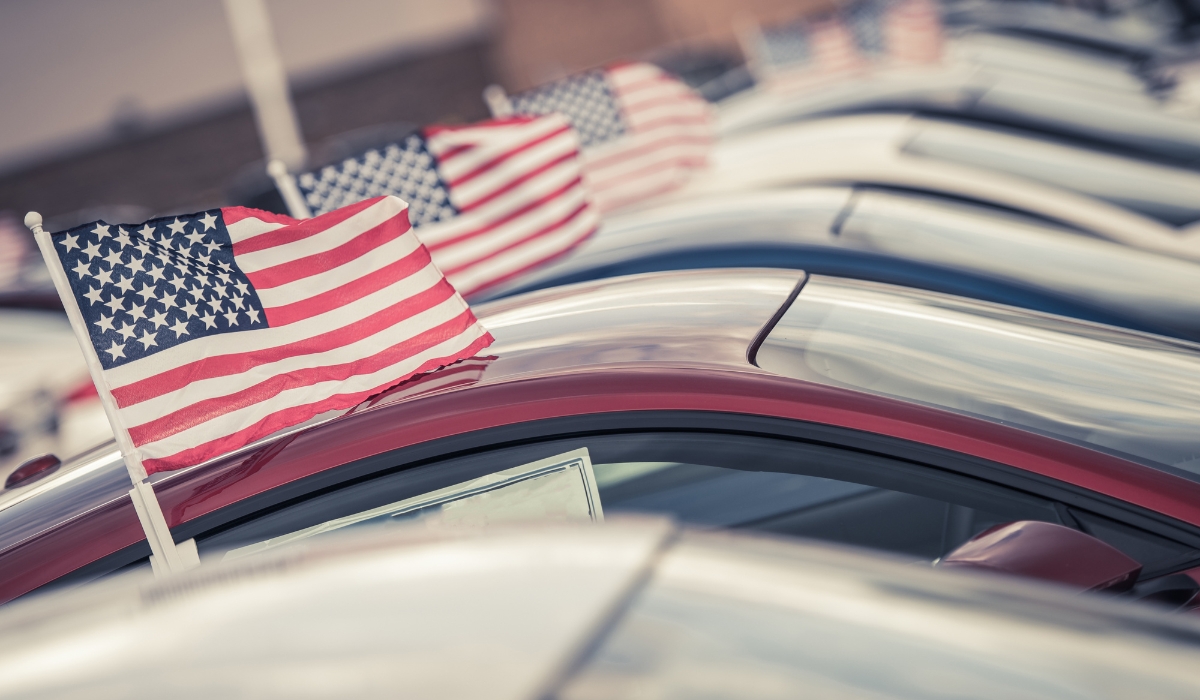This transformative investment targets three urgent priorities: expanding manufacturing capacity, reinforcing vulnerable supply chains, and navigating an increasingly complex trade landscape. As tariffs reshape competition and policies favor locally made goods, Hyundai’s expansion isn’t just growth—it’s a strategic pivot to secure its future in America’s evolving auto industry. The question now is how quickly this bet will pay off.
Building Supply Chain Resilience
To reduce reliance on global supply networks, Hyundai is investing in a $5.8 billion steel mill in Louisiana. This facility will provide a steady supply of critical materials, helping the company maintain stable production levels and mitigate potential disruptions. Strengthening domestic supply chains is a key focus, particularly as the auto industry faces ongoing logistical challenges.
With the U.S. implementing sweeping 25% tariffs on steel/aluminum imports and downstream products – from automotive fasteners to heavy equipment components – Hyundai’s domestic manufacturing push takes on new urgency. These protections, extending to hundreds of metal-based parts critical to vehicle production, make localized sourcing essential for cost-competitive operations.
Positioning for Long-Term Growth
Hyundai’s $21 billion investment signals a strong commitment to the U.S. market. By expanding production, reinforcing supply chains, and adapting to policy shifts, the company is taking steps to secure long-term growth. As Hyundai focuses on innovation and infrastructure, this investment underscores its strategic vision for the future of automotive manufacturing in the United States.

